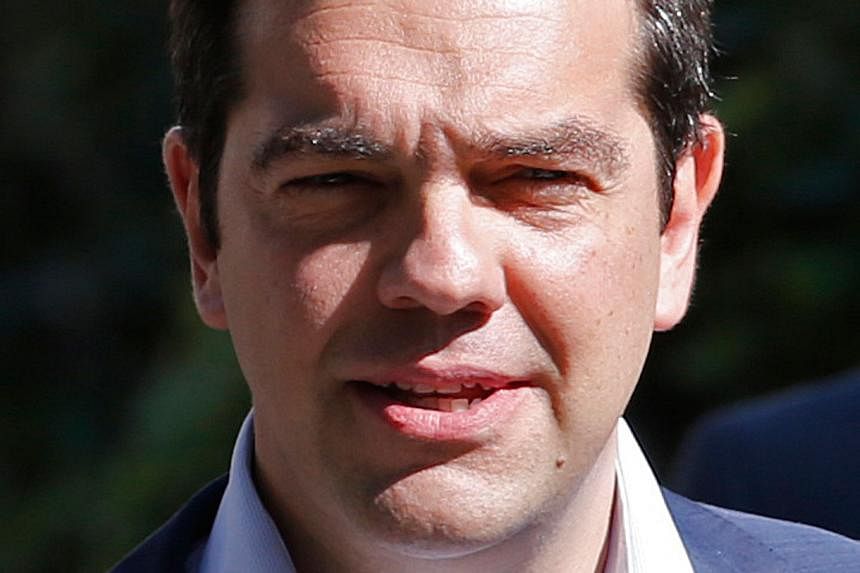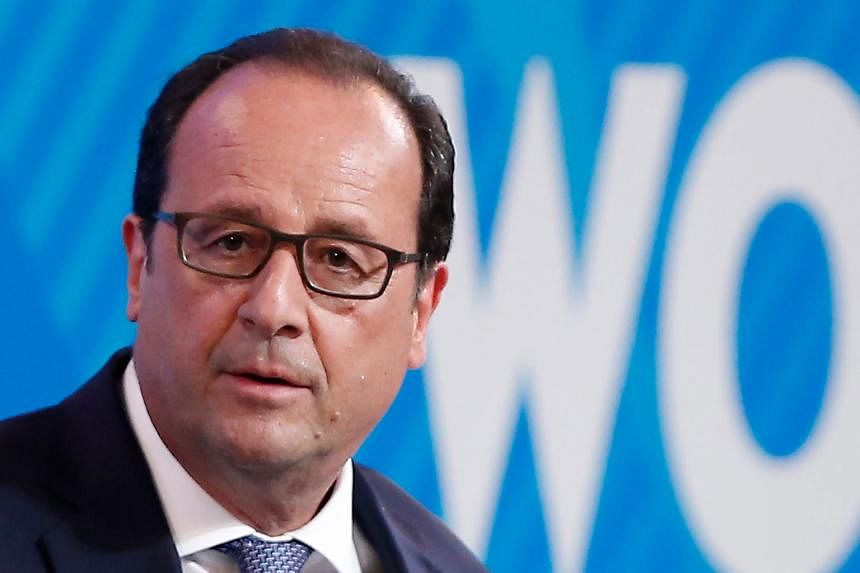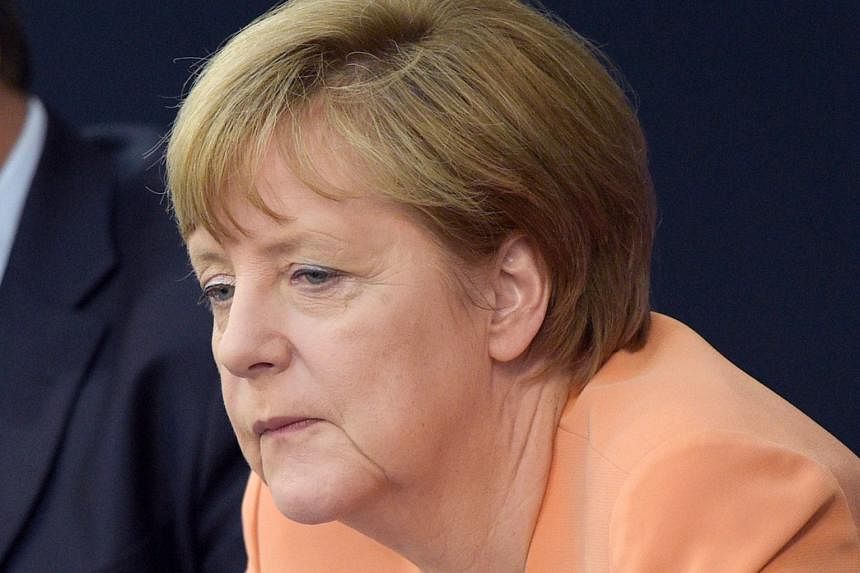The fate of Greece and perhaps of Europe's monetary union could be decided at today's emergency summit of European governments in Brussels. This follows the rejection by the Greek electorate of a previous bailout package intended to save the debt-crippled country from bankruptcy.
The Greeks have few friends left in Europe, and even less time; their stalling negotiating tactics have infuriated all other European leaders, while Greece's banking system is paralysed by lack of cash and is heading for a meltdown without an urgent recapitalisation by the European Central Bank.
Still, Greek Prime Minister Alexis Tsipras is a shrewd tactician with an uncanny ability to seize every opportunity. So, although it is insolvent and financially needy, Greece may still be able to avoid an eviction from the euro single currency zone.
Sunday's referendum - in which 61 per cent of the Greek electorate voted "No" - represents a significant personal triumph for Mr Tsipras, who called on his people not to accept the higher taxes and pension cuts demanded by Greece's creditors.
The result strengthens Mr Tsipras' claim that his confrontational negotiating tactics enjoy the support of his nation.
The referendum also put paid to the idea which some European leaders privately entertained that the crisis may persuade Greece to dump its far-left government and opt for a more amenable leader: "Regime change" in Greece is now firmly off the agenda, and Europe knows if it wants a deal, that can be concluded only with Mr Tsipras.
The Greek PM's surprising decision to dispense with the services of his finance minister Yanis Varoufakis, whose resignation was announced yesterday, is further indication of Mr Tsipras' shrewd negotiating tactics.
Through his lecturing and hectoring, Mr Varoufakis has infuriated all his fellow European finance ministers; his departure allows Greece to claim that it is prepared to make a concession in order to conclude the negotiations.
Mr Varoufakis' resignation may also be a prelude for Mr Tsipras' efforts to co-opt into his government representatives of other Greek political parties and movements; with his position now unassailable, Mr Tsipras can afford to appear inclusive and that, too, strengthens his negotiating stance.
And, although stung by the Greek referendum rebuff, some European governments are keen to keep Greece inside the euro zone. Chief among these is France, where President Francois Hollande is coming under intense pressure from left-wing supporters within his ruling Socialist Party to strike a deal.
"It is Europe's duty to initiate a plan which provides for Greece's reconstruction," read an open letter to the President released in Paris yesterday. The letter bore the signatures of influential French politicians such as Mr Jacques Delors, a former president of the European Commission, or Mr Pascal Lamy, who used to run the World Trade Organisation.
Mr Hollande has a stake in brokering a compromise, for any deal which keeps Greece in the euro zone will burnish France's claims to be the ultimate arbiter in Europe. Also, it is in France's interests to see the current economic austerity policies relaxed throughout the continent.
The key in all this remains German Chancellor Angela Merkel, who yesterday tore up her regular office agenda to fly to Paris for urgent talks with Mr Hollande.
On the one hand, Dr Merkel wants to avoid the charge that Germany alone stands in the way of a bailout programme for Greece, so she is keen to avoid a split with France on this issue.
But the German public and German legislators are increasingly hostile to the idea of offering any fresh money to Greece, and are angered by its negotiating style, which subjects Germany to a barrage of hostile comments.
"We spent more than €300 billion (S$449 billion) on Greece and they're calling us 'terrorists'?" asked Mr Michael Fuchs, a senior MP in Dr Merkel's ruling party. "I'm sorry, but this is not a way to talk to each other."
For the moment, the Germans claim that the ball remains in Greece's court. "We will await to see what proposals the Greek government puts on the table," government spokesman Steffen Seibert said last night.
But Germany's room for manoeuvre is limited. Any concession to Greece at this stage would be interpreted as a personal climb-down by Dr Merkel, one which will play badly with her electorate at home. And, even if she was ready to give Greece more leeway, it is difficult to see how the German Parliament would approve this.
Much will depend on how Mr Tsipras handles the negotiations today. If he offers some additional cuts in Greek expenditure, chances are better than even that a new bailout plan can be negotiated, perhaps through French mediation. But if he uses his considerable domestic popularity inside Greece to stick to his refusal to accept austerity measures, nothing will save his country from bankruptcy.
Either way, this is the week in which a definitive answer to the Greek drama which has overshadowed the European continent for years will be provided.




